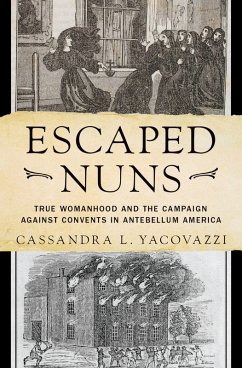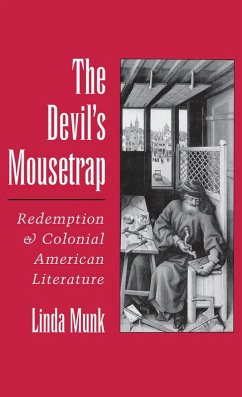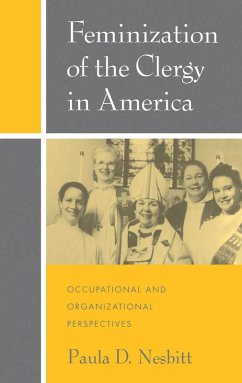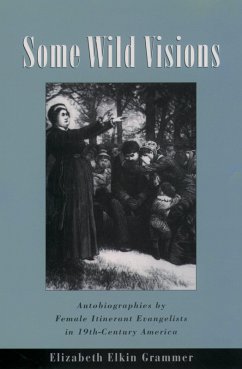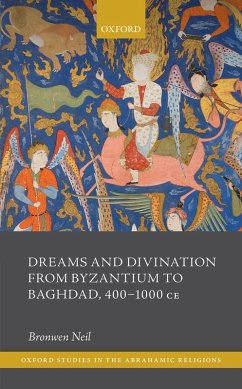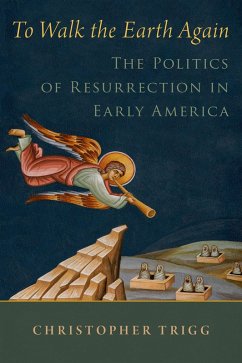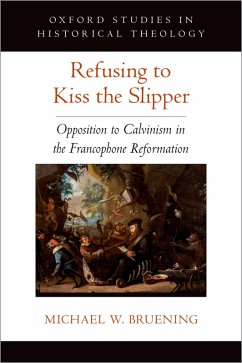
Claiming the Call to Preach (eBook, PDF)
Four Female Pioneers of Preaching in Nineteenth-Century America
Versandkostenfrei!
Sofort per Download lieferbar
39,95 €
inkl. MwSt.
Weitere Ausgaben:

PAYBACK Punkte
20 °P sammeln!
Few debates divide the contemporary church more than the issue of call. The question of who can be called to preach segregates denominations, divides people within churches, and undermines its public witness. Yet, curiously little homiletic attention has been paid to the issue of call. Because the practice of call has not been subjected to critical inquiry, it has taken on power. Power lies hidden in the crevices of the question of who can be called to preach; power lies in the institutional narrative and approved stories of call; power lies in the discordant debates, equally in the stifling s...
Few debates divide the contemporary church more than the issue of call. The question of who can be called to preach segregates denominations, divides people within churches, and undermines its public witness. Yet, curiously little homiletic attention has been paid to the issue of call. Because the practice of call has not been subjected to critical inquiry, it has taken on power. Power lies hidden in the crevices of the question of who can be called to preach; power lies in the institutional narrative and approved stories of call; power lies in the discordant debates, equally in the stifling silence. Claiming the Call to Preach critically examines the dominant historical narrative that overtly or covertly has exercised its power to keep women from preaching. Donna Giver-Johnston here recovers the histories of four notable female preaching pioneers who affected change in the religious landscape of nineteenth-century America: Jarena Lee, Frances Willard, Louisa Woosley, and Florence Spearing Randolph. These women, diverse in religion, race, class, and culture each told their story of call in distinctive ways that articulated strong and effective rhetorical arguments for ecclesiastical sanction to give them a place in the pulpit. Recovering their rhetorical witness helps to fill in the gaps in the history of preaching in America, contribute to research and pedagogies in the field of homiletics, and provide today's women--and all candidates for ministry--with different theological models and narrative strategies by which to effectively interpret and claim their calls to preach. These women who spoke truth to power help us reimagine a church today that no longer questions the legitimacy of one's call to preach, but endorses previously silenced voices, and is therefore strengthened by women's voices from the pulpit.
Dieser Download kann aus rechtlichen Gründen nur mit Rechnungsadresse in A, B, BG, CY, CZ, D, DK, EW, E, FIN, F, GR, HR, H, IRL, I, LT, L, LR, M, NL, PL, P, R, S, SLO, SK ausgeliefert werden.





